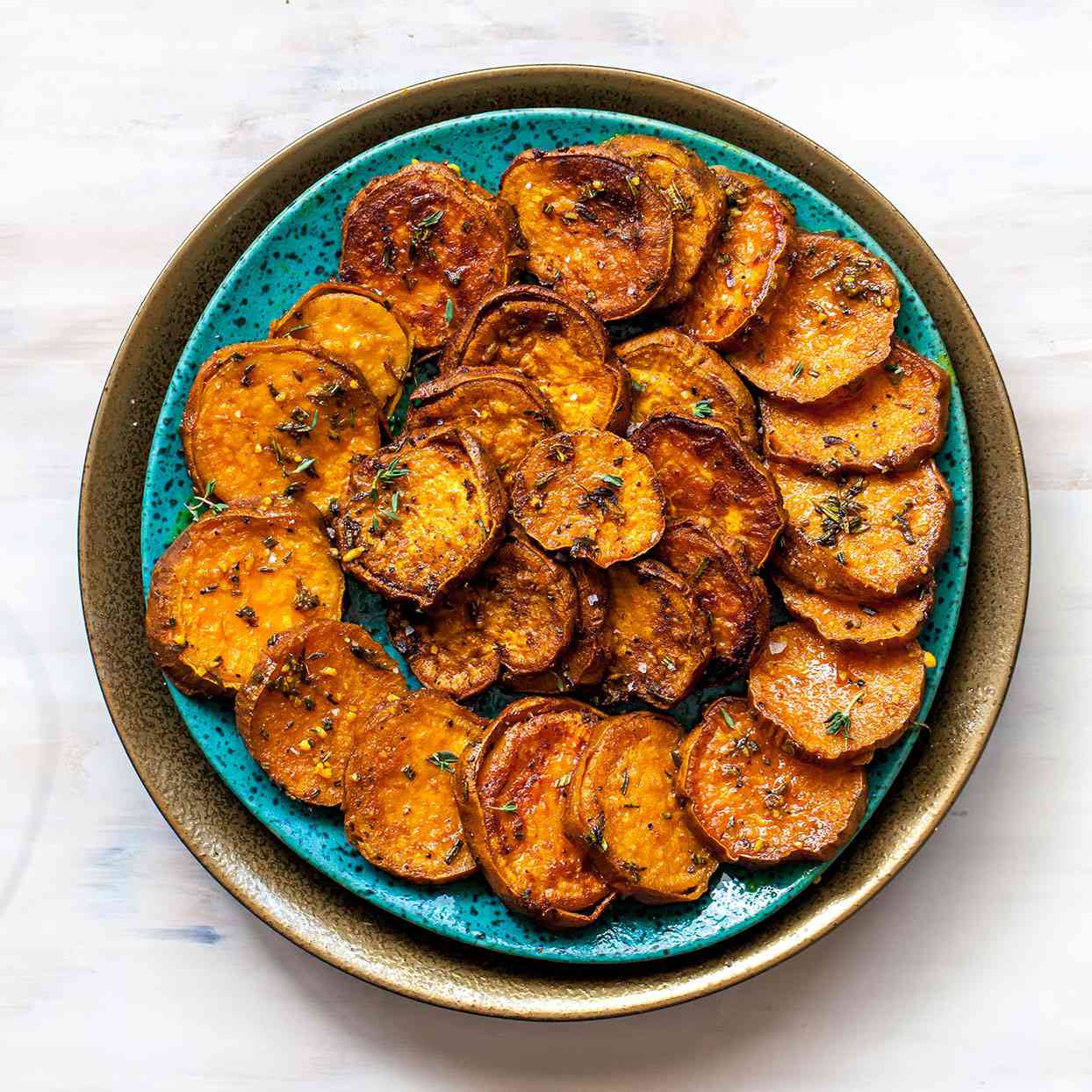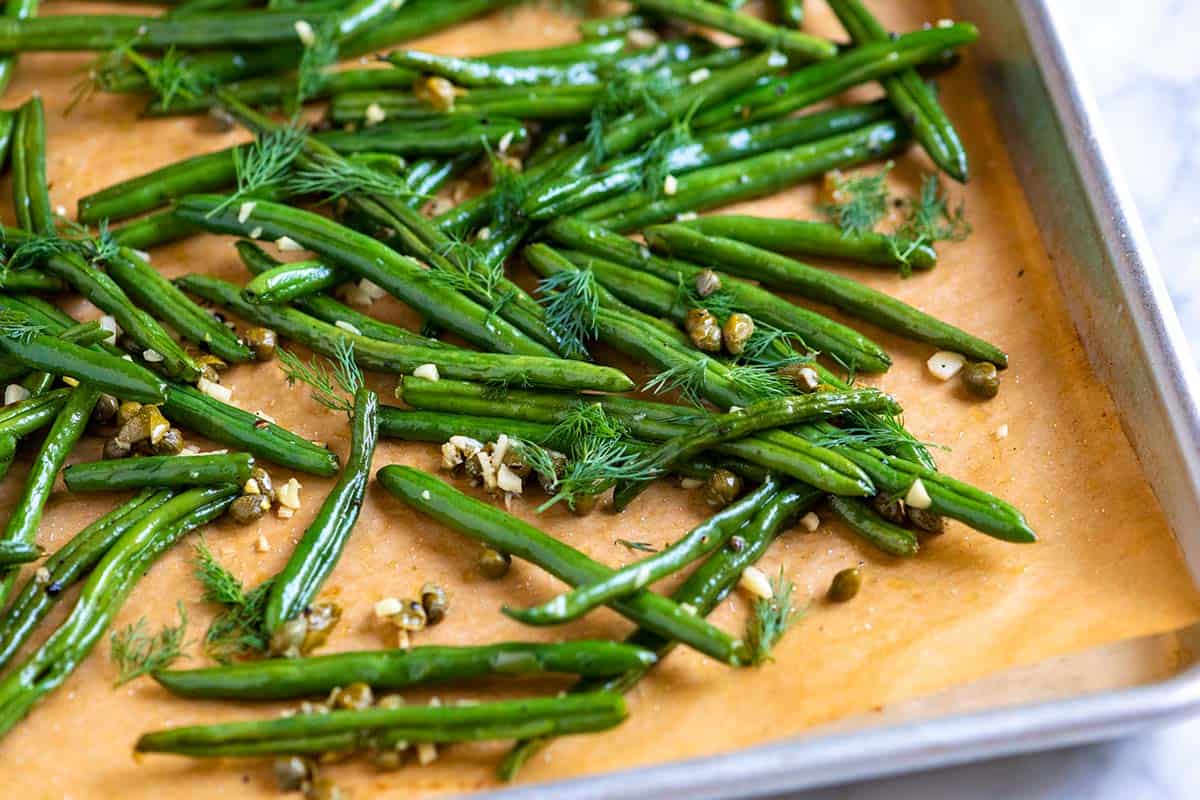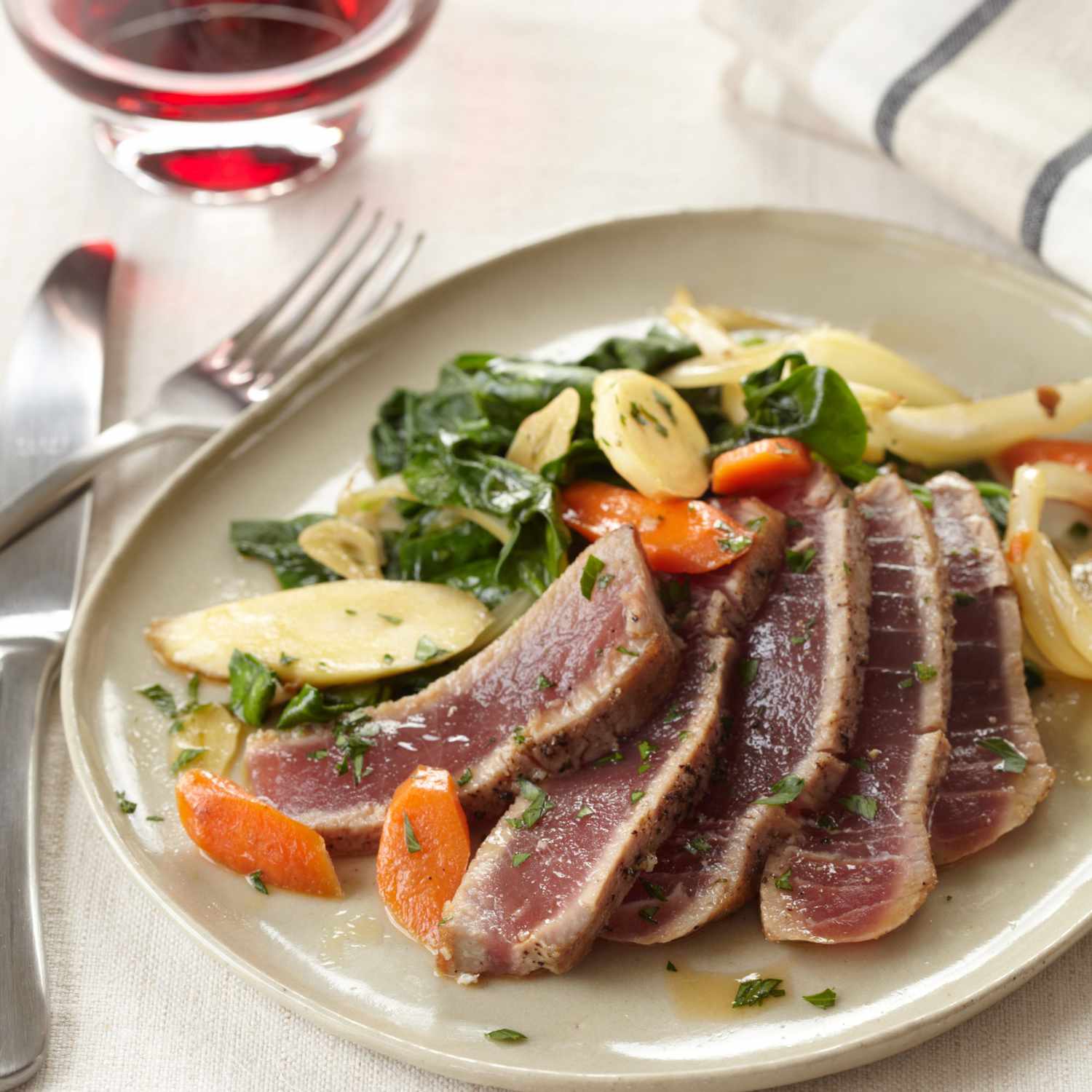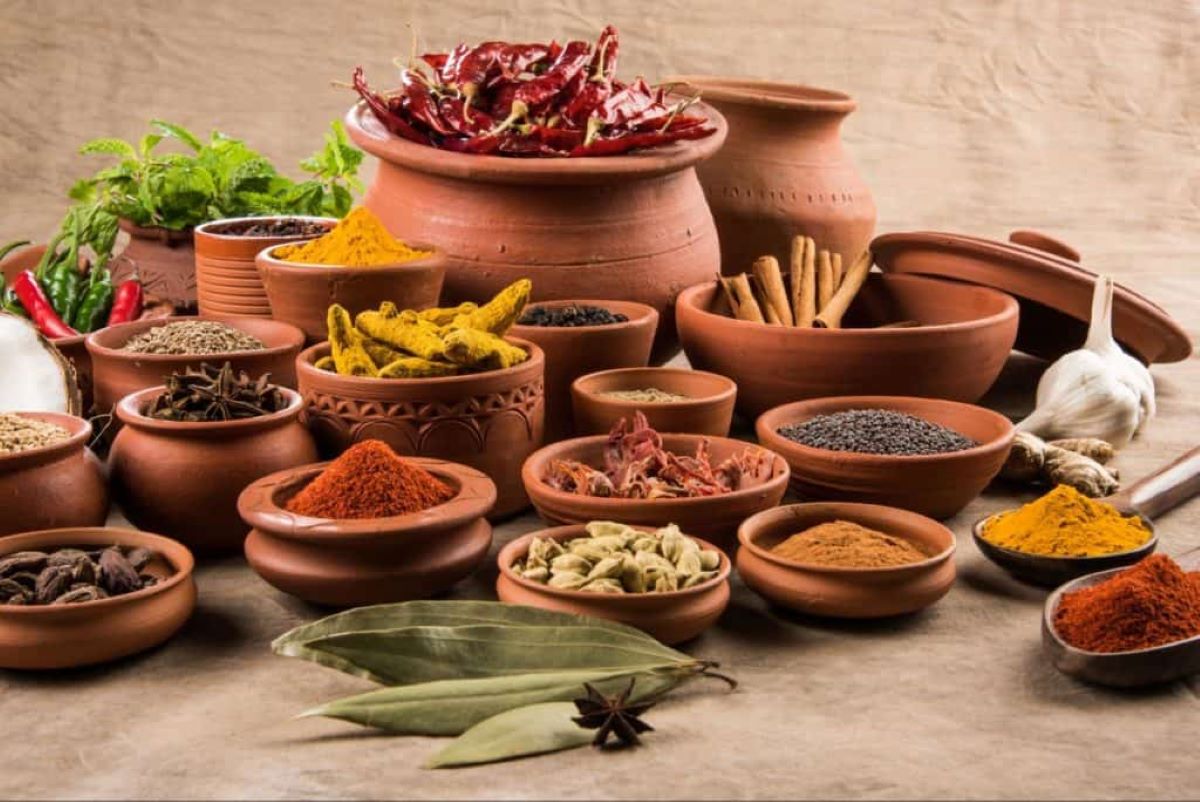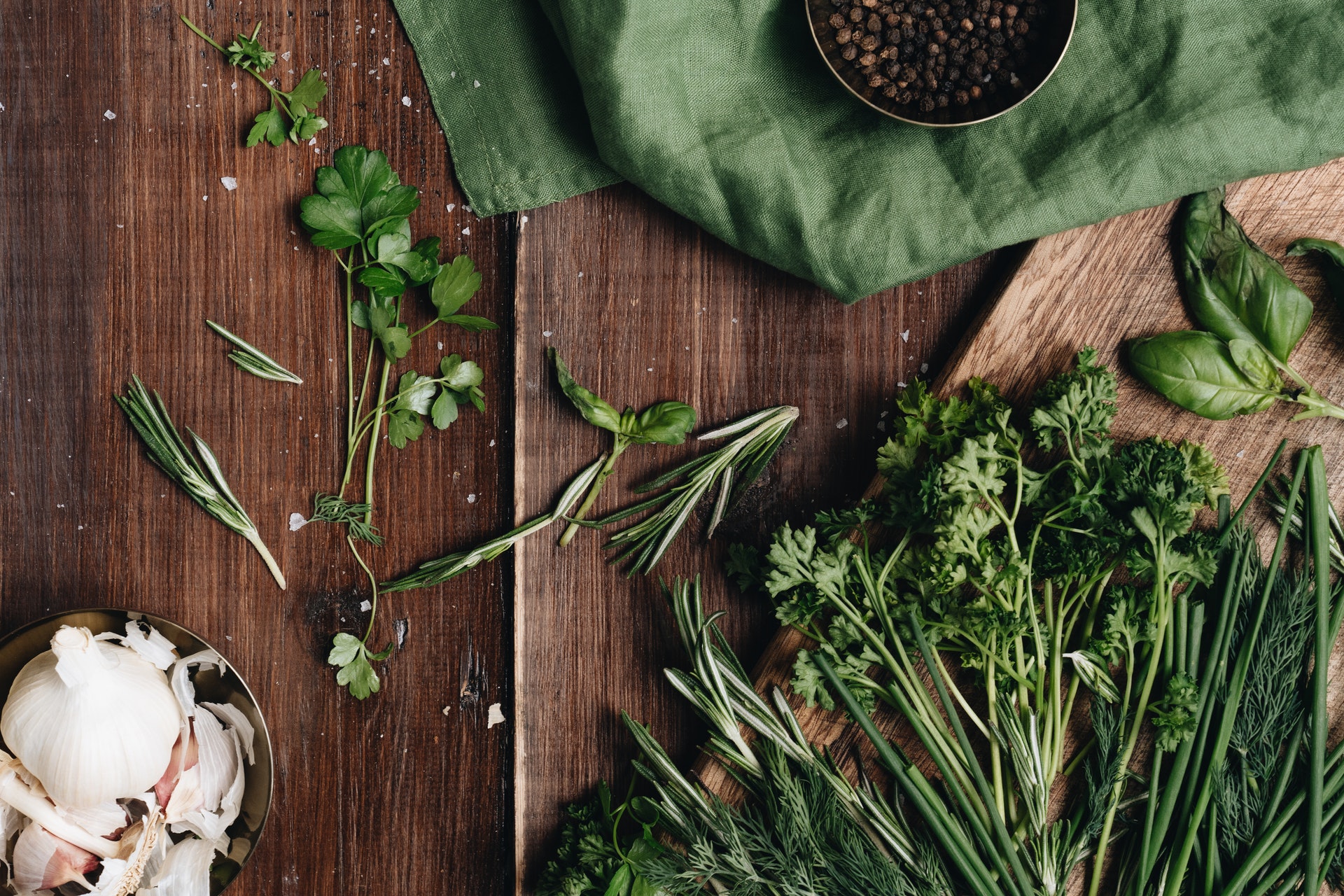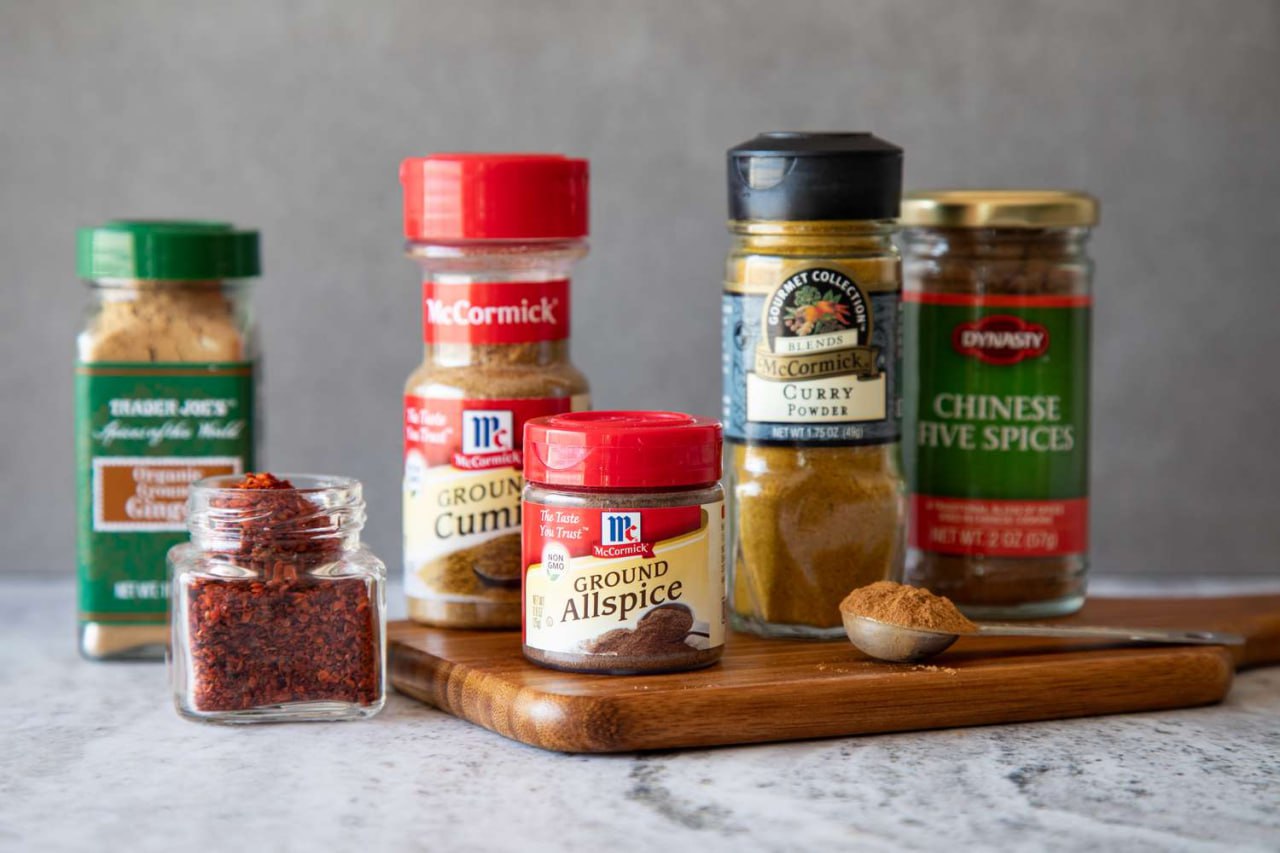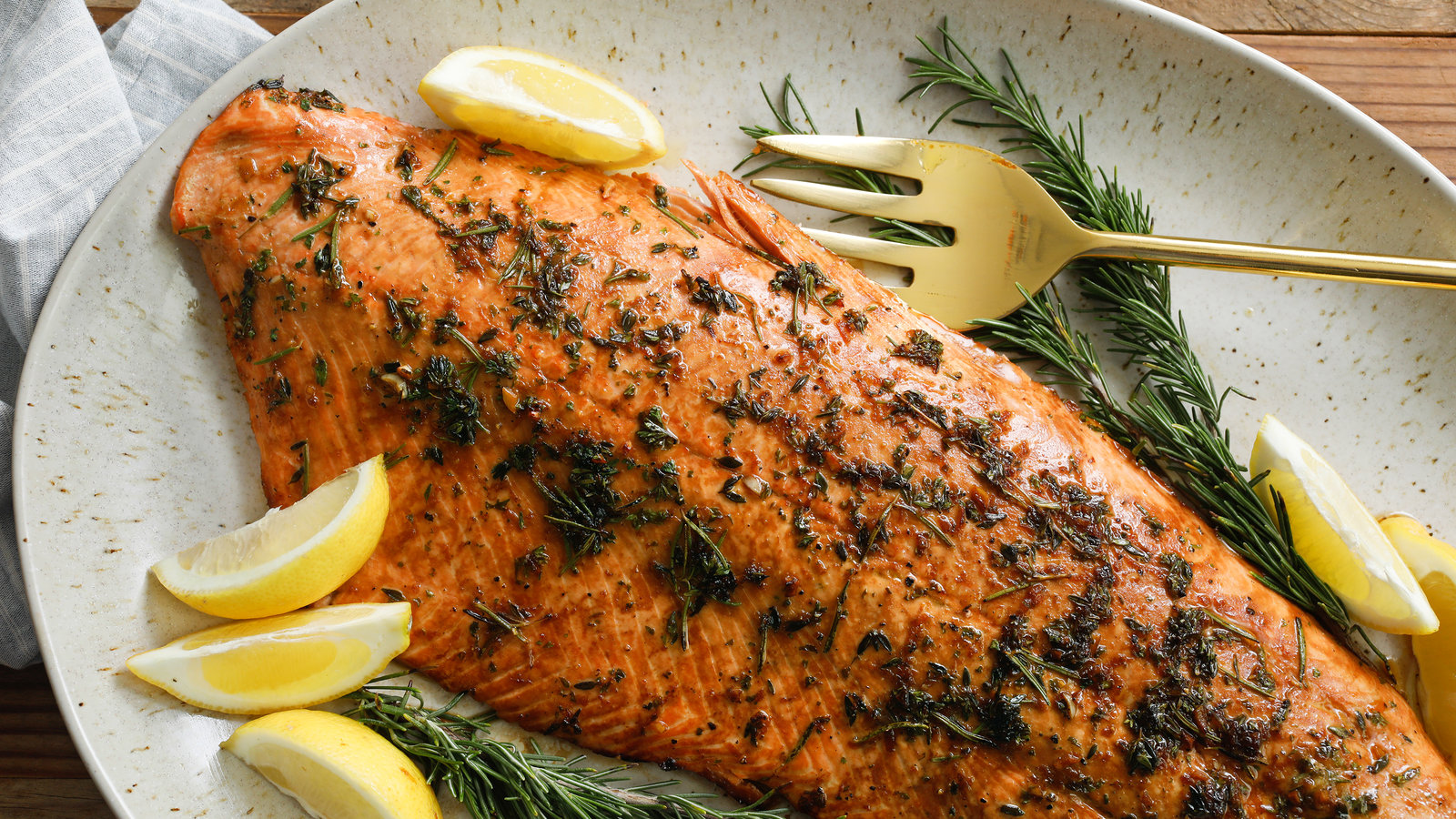Home>Types of Gardening>Edible Gardening>What Spices Go Well With Rosemary


Edible Gardening
What Spices Go Well With Rosemary
Published: January 31, 2024
Discover the perfect spice combinations for your edible garden with our guide on what spices go well with rosemary. Enhance your cooking with delicious flavors!
(Many of the links in this article redirect to a specific reviewed product. Your purchase of these products through affiliate links helps to generate commission for Chicagolandgardening.com, at no extra cost. Learn more)
Table of Contents
Introduction
Rosemary, with its aromatic scent and savory flavor, is a versatile herb that adds depth and complexity to a wide range of dishes. Whether you’re a culinary enthusiast or just starting your edible gardening journey, understanding the best spices to pair with rosemary can elevate your cooking to new heights.
But why is it important to know which spices complement rosemary? Well, just like a well-orchestrated symphony, the right combination of spices can enhance the overall taste and aroma of a dish. Rosemary’s strong and fragrant profile can be enhanced or balanced by the right spices, creating a harmonious flavor experience.
In this article, we will take a closer look at the world of rosemary and its perfect spice companions. We’ll dive into various spices that pair well with rosemary, explore different spice blends, and provide practical tips on using these flavorful combinations in your cooking.
So, whether you’re planning to make a delicious rosemary-infused roast, a hearty bowl of soup, or simply want to enhance the flavor of your grilled vegetables, understanding the complementary spices for rosemary will help you create mouthwatering dishes that will impress your family and friends.
Understanding Rosemary
Rosemary, scientifically known as Rosmarinus officinalis, is a fragrant herb native to the Mediterranean region. It is a member of the mint family and has been used for centuries in cooking, medicine, and even for its aromatic qualities.
With its needle-like leaves and woody stems, rosemary is not only a beautiful addition to any garden but also a flavorful herb that offers a multitude of culinary possibilities. Its unique flavor can be best described as a combination of pine and citrus, with a slightly peppery undertone.
One of the remarkable properties of rosemary is its ability to pair well with a variety of flavors. Its assertive flavor and aroma can hold its own against bold and hearty ingredients, while also enhancing the flavors of more delicate foods.
When it comes to growing rosemary, it thrives in well-drained soil and requires plenty of sunlight. It can be grown in pots or directly in the ground, making it a versatile herb for both indoor and outdoor gardens. Furthermore, rosemary is a perennial herb, which means it can provide a continuous supply of fresh leaves throughout the year.
In addition to its culinary uses, rosemary has also been valued for its medicinal properties. It is believed to have antioxidant and anti-inflammatory effects, and it has been used in traditional medicine to promote digestion, improve memory, and even boost hair growth.
Now that we have a better understanding of rosemary, let’s delve into the exciting world of spices that complement this versatile herb.
Exploring Complementary Spices
When it comes to pairing spices with rosemary, it’s all about finding flavors that complement and enhance its unique characteristics. The right combination of spices can elevate the taste of your dishes and take them to new culinary heights.
Fortunately, there are a wide variety of spices that harmonize perfectly with rosemary, offering a balanced and flavorful experience. From earthy and warm spices to zesty and tangy ones, the choices are abundant.
One of the key factors to consider when choosing complementary spices for rosemary is the flavor profile you wish to achieve. Are you looking for a deep and hearty flavor, or do you prefer a lighter and more refreshing taste? Understanding the various spice families and their flavor profiles can guide you in making the best spice pairings.
Some of the spice families that work well with rosemary include:
- Woody and Earthy Spices: Spices like thyme, oregano, sage, and marjoram, with their earthy and woody notes, complement rosemary beautifully. These spices add depth and complexity to dishes, especially when used together.
- Citrusy Spices: Spices like lemon zest, orange peel, and coriander seeds bring a bright and refreshing flavor to dishes with rosemary. These citrusy spices provide a zesty contrast to the herb’s savory profile.
- Warm and Spicy Spices: Ground spices like black pepper, cayenne pepper, and paprika can add a touch of heat and warmth to rosemary-infused dishes. These spices create a delightful balance by adding a hint of spiciness to the herb’s aromatic flavors.
- Herbaceous Spices: Spices like basil, parsley, and tarragon share a common herbaceous note with rosemary. Combining these spices can create a harmonious blend of fresh and aromatic flavors.
By experimenting with these different spice families, you can discover your personal favorite combinations that enhance the flavor of rosemary and create a signature taste for your dishes.
Now that we have explored some of the complementary spices, let’s delve into specific spices that pair exceptionally well with rosemary.
Spices That Pair Well with Rosemary
Rosemary is a versatile herb that pairs beautifully with a variety of spices, creating a symphony of flavors in your dishes. Let’s explore some of the top spices that complement rosemary:
- Thyme: The combination of rosemary and thyme is a classic culinary pairing. Thyme has earthy undertones that complement the piney and citrusy flavors of rosemary, making it a perfect duo for roasted meats, soups, and stews.
- Oregano: Oregano adds a delightful Mediterranean twist to rosemary-infused dishes. Its herbaceous and slightly bitter flavor complements the robustness of rosemary, making it a fantastic addition to tomato-based sauces, grilled vegetables, and roasted potatoes.
- Sage: Sage has a robust and slightly peppery taste that pairs exceptionally well with rosemary. Their combination adds depth and warmth to dishes such as roasted chicken, pork, or even in stuffing recipes. The earthy and savory flavors of sage beautifully enhance the aromatic qualities of rosemary.
- Marjoram: Marjoram shares a similarity with oregano and thyme but has a milder and slightly sweeter flavor. Its gentle aroma blends harmoniously with the aromatic profile of rosemary. Use marjoram to add a delicate touch to dishes like roasted vegetables, chicken, or lamb.
- Lemon Zest: The bright and tangy flavor of lemon zest complements the citrusy notes in rosemary, creating a refreshing and zesty combination. Sprinkle some lemon zest over roasted fish, grilled chicken, or salads with rosemary for a burst of tantalizing flavors.
- Black Pepper: A staple in every kitchen, black pepper adds a touch of heat and spiciness to rosemary-infused dishes. The pungent and slightly floral flavor of black pepper complements the herbaceous and aromatic qualities of rosemary, enhancing the overall taste of savory dishes like roasted meats and stews.
- Paprika: This vibrant spice adds a smoky and slightly sweet flavor to dishes, creating a perfect balance with rosemary’s earthiness. Use paprika in marinades, rubs, or spice blends to enhance the flavor of grilled meats, roasted vegetables, or even homemade potato chips.
- Basil: Basil’s fresh and herbaceous profile pairs well with the earthy essence of rosemary. The combination is particularly delightful in Italian-inspired dishes, such as pasta sauces, pizzas, and bruschetta. It adds a burst of freshness and aromatic complexity to the overall taste.
These are just a few examples of spices that complement rosemary. Feel free to experiment with different combinations and discover your own unique spice blends to enhance the flavors of your favorite dishes.
Now that we have explored spices that pair well with rosemary, let’s dive into the world of rosemary spice blends.
Rosemary Spice Blends
Creating your own spice blends is a fantastic way to add depth and complexity to your culinary creations. When it comes to rosemary, there are several spice blends that make an excellent companion to this versatile herb. Let’s explore a few of them:
- Herbs de Provence: This classic French herb blend typically includes rosemary, thyme, oregano, marjoram, and savory. The combination of these herbs creates a fragrant and flavorful blend that is perfect for seasoning roasted meats, vegetables, or even sprinkled over focaccia bread.
- Mediterranean Spice Blend: This blend combines rosemary with other Mediterranean spices like oregano, thyme, and garlic powder. It adds a burst of savory and herbaceous flavors to dishes like grilled lamb, roasted vegetables, or even tossed with olive oil for a flavorful marinade.
- Lemon Herb Blend: This blend combines rosemary with lemon zest, dried thyme, and garlic powder. It’s a perfect seasoning for seafood dishes, grilled chicken, or even sprinkled over roasted potatoes for a refreshing and tangy twist.
- Italian Seasoning: This classic blend combines rosemary with other Italian herbs like basil, oregano, thyme, and garlic powder. It is an excellent all-purpose seasoning for pasta sauces, pizza, roasted vegetables, or even in salad dressings.
- Rosemary and Black Pepper Blend: This simple yet flavorful blend combines freshly ground black pepper with dried rosemary. It’s a perfect seasoning for grilled steaks, roasted chicken, or even sprinkled over popcorn for a savory and aromatic snack.
- Rosemary and Citrus Blend: Combining dried rosemary with lemon zest and orange peel creates a vibrant and tangy spice blend. It adds a citrusy twist to roasted chicken, grilled fish, or even used in salad dressings.
These are just a few examples of spice blends that complement rosemary. Feel free to experiment with different combinations and ratios to suit your taste preferences. Making your own spice blends allows you to customize the flavors and create unique combinations that elevate your dishes to new culinary heights.
Now that we have explored various spice blends, let’s move on to the practical tips on using rosemary and complementary spices in cooking.
Using Rosemary and Complementary Spices in Cooking
Now that you have a better understanding of the spices that pair well with rosemary, it’s time to explore how to incorporate them into your cooking to create flavorful and delicious dishes. Here are some practical tips:
1. Seasoning Meats: Rosemary and complementary spices work wonders in seasoning meats. Rub a mixture of rosemary, thyme, garlic, and black pepper onto poultry, beef, or lamb before grilling or roasting for an aromatic and savory flavor.
2. Infused Oils and Vinegars: Create your own infused oils and vinegars by combining rosemary with other complementary spices. These can be used as dressings, marinades, or drizzled over dishes for an added layer of flavor.
3. Roasted Vegetables: Toss vegetables like potatoes, carrots, or butternut squash with a blend of rosemary, thyme, and olive oil before roasting them in the oven. The spices will elevate the flavors and add a delightful herbaceous aroma.
4. Soups and Stews: Add a sprig of fresh rosemary and a combination of complementary spices like thyme, sage, and oregano to your favorite soups and stews. The spices will infuse the broth with rich flavors and create a comforting and aromatic dish.
5. Breads and Focaccia: Sprinkle a mixture of rosemary, thyme, and sea salt over freshly baked bread or focaccia for a fragrant and flavorful topping. The herbs will enhance the aroma and transform a simple bread into a culinary delight.
6. Grilled Seafood: Create a marinade using rosemary, lemon zest, garlic, and olive oil for grilled seafood like salmon or shrimp. The combination of citrusy and herbaceous flavors will complement the delicate taste of the seafood.
7. Herb Butter: Blend softened butter with chopped rosemary, thyme, and other complementary spices to create a flavorful herb butter. Use it to spread on bread, melt onto grilled vegetables, or even enhance the flavors of grilled steaks.
Remember, the key to using rosemary and complementary spices in cooking is to experiment and find the right balance of flavors that suit your taste. Don’t be afraid to adjust the measurements or try different combinations to create your own unique culinary masterpieces.
Now armed with this knowledge, you are ready to create mouthwatering dishes that incorporate the wonderful flavors of rosemary and its perfect spice companions.
Conclusion
In conclusion, understanding the spices that pair well with rosemary can take your culinary creations to new heights. Rosemary, with its aromatic and savory flavor, is a versatile herb that can be enhanced by a variety of spices, creating a symphony of flavors in your dishes.
We discussed the importance of finding the right spices that complement the unique characteristics of rosemary. Earthy and woody spices like thyme, oregano, and sage work beautifully with rosemary, while citrusy spices like lemon zest add a refreshing twist. Warm and spicy spices like black pepper and paprika provide a touch of heat, and herbaceous spices like basil and parsley enhance the overall aroma.
We also explored different spice blends that incorporate rosemary, such as Herbs de Provence, Mediterranean blends, Lemon Herb blends, and more. These blends offer convenience and allow you to add a complex flavor profile to your dishes effortlessly.
Using rosemary and complementary spices in cooking can be as simple as seasoning meats, infusing oils and vinegars, or adding flavor to roasted vegetables. The possibilities are endless, and the key is to experiment and find your own unique combinations that suit your taste preferences.
By incorporating rosemary and complementary spices into your cooking, you can elevate the flavors of your dishes, creating delicious and memorable culinary experiences for yourself and your loved ones.
So, unleash your creativity, explore the world of rosemary and spices, and embark on a culinary adventure that will tantalize your taste buds. Happy cooking!
